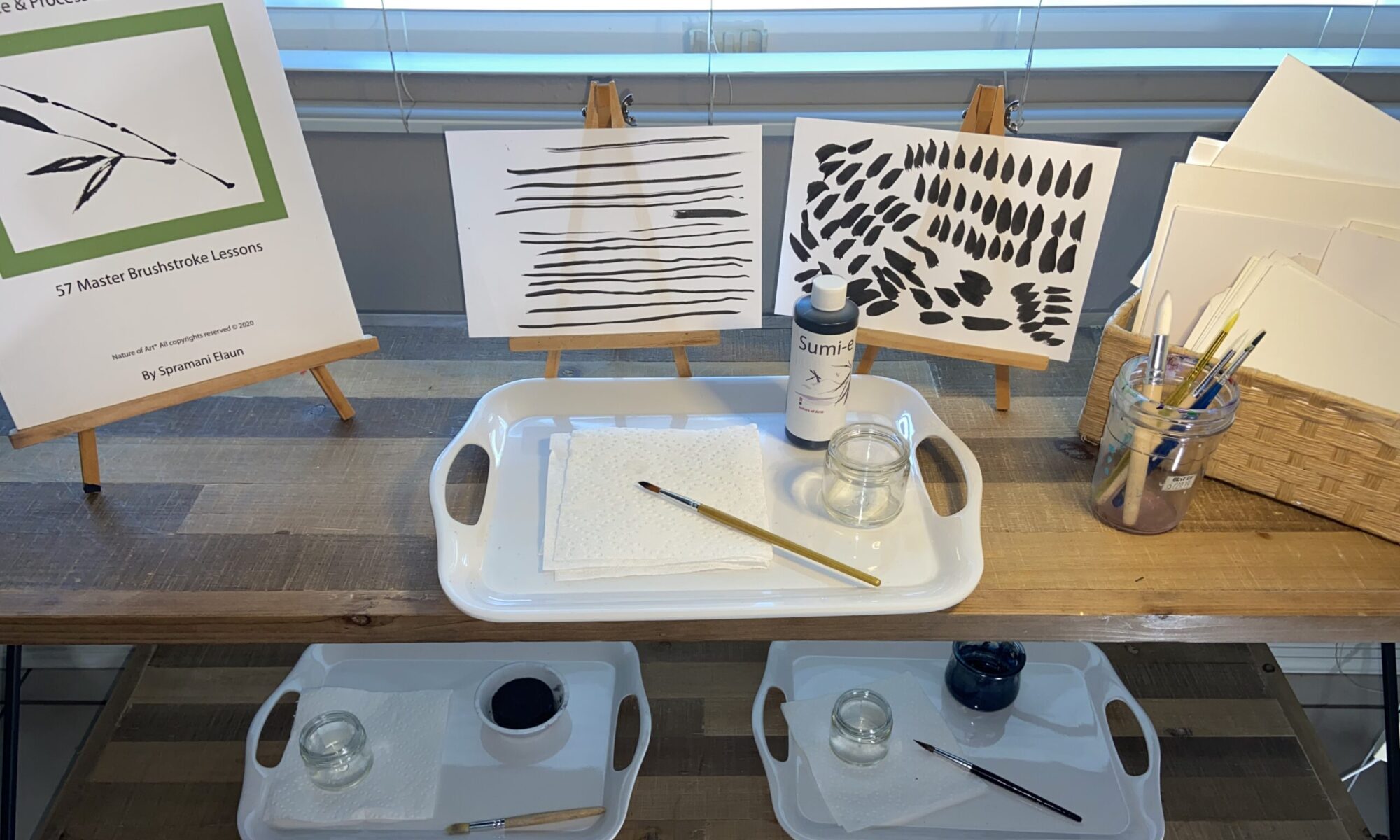
A fun Montessori art activity: Paint paper like Eric Carle
Every summer, I host art camps in San Diego, and my students’ top favorite project to do with me is to paint papers! In this post, we will teach you how to paint paper and collage like artist and author Eric Carle.
So I thought I would share this fun Montessori art activity you could introduce to your students.
I like to give my students unusual tools, bright paint colors, different colored papers, and crazy things to make interesting textures and patterns.
This also prepares papers for future projects that can be cut and collaged into interesting shapes.
Teach the Elements and Principles of Design concepts
This is also a great way to teach the Elements and Principles of Design concepts texture and patterns, a vital art standard topic children should learn in Montessori art lessons.
The artist and author Eric Carle is famous for doing this fun and vibrant method in his book illustrations.
Eric Carle is famous for PAINTED PAPERS and collaging them into beautiful creatures featured in all his books.
Eric Carle, artist and children’s book author

What is paint paper?
Painted paper is basically paint applied onto paper.
You can paint plain white paper or colored paper.
Paper painting can be created with different mediums like watercolor, gel paints, tempera, or acrylic paints (any paint).

What can you do with painted paper?
Like Eric Carle, the famous artist, paint the papers first, let them dry second, then third cut them up into new collage artworks.

Eric Carle’s famous painting papers created The Very Hungry Caterpillar book with this unique painted technique.

What tools do you need to make painted papers?
- Paint mediums
- Paper
- Paintbrushes
- Interesting objects that make patterns and textures
- Drying rack
- Interesting tools

Painted papers can be taught in a process-based manner
Process-based painting is more about the experience rather than following directions.
When kids paint process-based, they are able to go in any direction they choose.
They can explore any texture, use any color, and have any outcome happen, but have very cool painted paper; they can later cut turn into another art piece.
Process-based art lessons and painted papers are a great way to start teaching Montessori art lessons.
Spramani Elaun

You’ll learn:
- The importance of early Art Literacy
- How to speak the ‘Artist Language’
- The art subjects students need to know
- The characteristics of child artists
- Methods and approaches to teaching
- How to create art activity environments
- The best art materials for your classroom
- How to plan level-appropriate activities

All rights reserved © 2024, Nature of Art®
No part of this blog may be used or be reproduced in any manner whatsoever including reproducing, publishing, performing, and making any adaptions of the work – including translation into another foreign language without written permission except in the case of brief quotations embodied in critical articles and reviews. Nature of Art® Publishing P.O. Box 443 Solana Beach, California 92075.

















